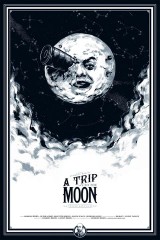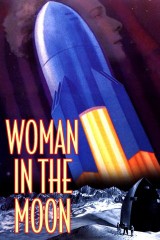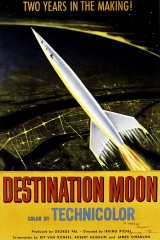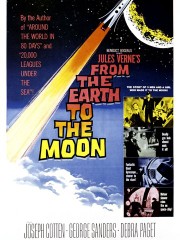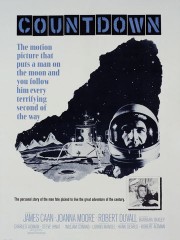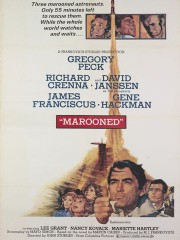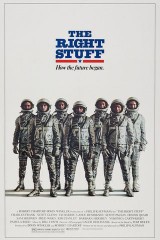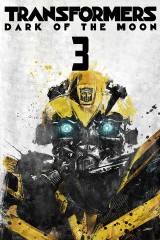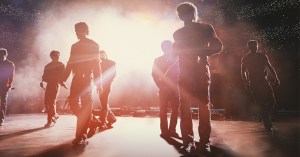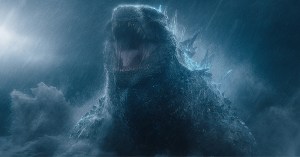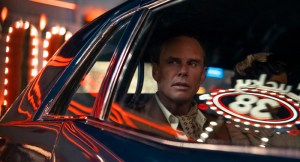The Moon in the Movies: 10 Giant Leaps From the Silent Era to First Man
Hollywood has been staring at the sky and dreaming for more than a century.

(Photo by Daniel McFadden / © Universal)
Hollywood has been trying to transport movie audiences to the moon since the birth of cinema. First Man, the new Ryan Gosling drama that chronicles everything that went into Armstrong’s “one step,” is just the latest in a long line of movies about getting to the moon, and not getting to the moon, and what happens when we’re there. As lunar missions evolved from pure fantasy to a high-stakes space race, and eventually to historical events, so too did movies change.
“When I was young, I watched many movies about aviation and space,” astronaut Alfred Worden recalls. “I was fortunate that my father worked in a theater.” Worden, who was the command module pilot for the Apollo 15 mission and worked as a consultant on First Man, notes that space movies have gotten much more “sophisticated” since his childhood days, especially when it comes to accuracy. “I think the relationship between science fiction and science fact is always interchangeable,” adds Bert Ulrich, NASA’s multimedia liaison for film and television collaborations. “Both influence each other.”
Here are 10 films that track how filmmakers have viewed the moon, and how they predicted or reacted to real trips to Earth’s nearest neighbor.
First Man is in theaters Friday, October 12


